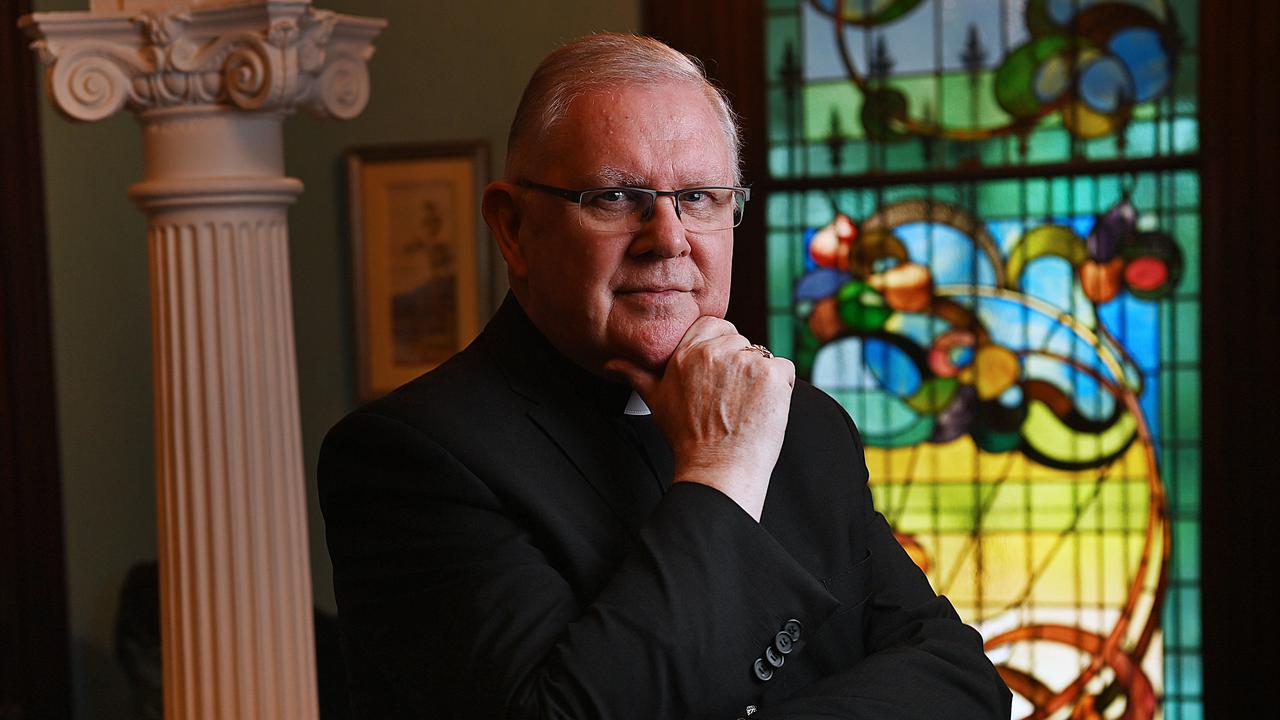
This isn’t a hypothetical scenario; this is what happened when Penguin Random House Canada published Jordan Peterson’s book 12 Rules for Life: An Antidote to Chaos in 2018. But instead of popping the champagne at the prospect of publishing the follow-up, it was reported last week that dozens of staff had lodged official complaints when they learned they would be publishing the sequel, Beyond Order: 12 More Rules for Life. According to reports, a “teary” meeting was convened where staff expressed their concerns about Peterson, claiming he was a far-right figure who had radicalised people and whose views harmed LGBTQ and “non-binary” individuals.
One satirical news site wryly joked: “Staffers Crying Over Jordan Peterson Book Cured By Forcing Them To Read Jordan Peterson Book.”
Putting aside the absurdity of publishers protesting their best-selling author (the guy who underwrites their salaries), Penguin Random House is not the only company that has incurred agitations by junior staff in recent months. Conflicts have been reported at Spotify, The New York Times and Facebook. My business contacts in the US have indicated to me the conflicts that make the news represent a fraction of the true number, and that organisational leaders are at a loss when it comes to dealing with it.

For those who have been paying attention, however, these events are not wholly surprising.
It has been five years since a group of Yale students were filmed verbally abusing a professor in a quadrangle over his lack of willingness to police Halloween costumes. It has been four years since it was reported that students at Cornell University held a mass “cry-in” in response to Trump’s surprise election win. It has been three years since students took over Evergreen State College, effectively holding staff hostage. Just this week, my colleague Jon Kay broke the story of another campus meltdown, this time at Haverford — a wealthy private college near Philadelphia — in which students protesting against racism joked about killing the college president’s dog.
Many observers dismiss those implicated in such episodes as hypersensitive snowflakes. A pervasive assumption has been that these students will hit the brick wall of reality upon entry into the real world of employment and adult life. But the snowflake rhetoric misses the bigger picture. While many students may indeed be suffering from fragility, these episodes are also driven by a fundamentally new way of understanding the world. And this world view is more potent and intractable than any individual or group neurosis. The people who are now being hit by the brick wall of reality are not the recent graduates — but the CEOs and managers who have hired them.
This world view has attracted different names, from “victimhood culture” to “woke ideology” to “social justice culture” to “successor ideology”. Whatever its name, it consists of a clear moral vision in which the world is divided into the good and the bad (oppressors and oppressed), a clear understanding of right and wrong (that is, what benefits the oppressed versus what maintains the status quo), and clear mechanisms for atoning for one’s sin, such as checking one’s privilege. This ideology may not be factually correct, and it may not be very sophisticated, but it helps people make sense of a chaotic and indifferent world and binds people together in cohesive social groups.
Think of it like this: if one were to parachute into a remote tribe in the Amazon tomorrow, one could imagine observing behaviours that we would find unusual to the point of incomprehensible. But just because a custom is incomprehensible to us, it does not mean it is nonsensical to the people who engage in it. Sociologists know that when people who belong to one moral culture come into contact with those of another, misunderstanding and conflict arise. This is essentially what has been happening on university campuses in the US since 2015, and what is now happening in workplaces that are drawing on recent graduates for new hires.
The uncomfortable truth is that the social justice culture that has emerged from elite institutions of higher education in the US may not be wholly compatible with the values that underpin a liberal democratic society. It seems apparent that it is a culture that does not sit easily with free expression, political diversity, individualism and even capitalism.
It may be that social justice culture successfully assimilates into mainstream culture in a way that is harmonious and beneficial, but the early signs indicate that it is not going to be harmonious in the short term, and that more conflict should be expected.
Because many adherents of this new world view are “true believers”, it may be easier for them to convince and convert the people around them than it is for them to moderate their own beliefs. This is why we may see an increasing number of institutions and organisations pledging to end various “isms” that are “systemic” in the promotion of various forms of “justice”. We will see an increasing number of CEOs calling meetings to placate junior staff. This is not because institutional leaders really believe in these empty bromides, but because it is simply easier for them to swim with the tide than against it.
Claire Lehmann is the founding editor of Quillette.








Imagine you are the CEO of a large publishing company. In recent years, your industry has been squeezed. Physical bookstores have closed, digital publishing has surged, layoffs happen, offices close. But in 2018 your company gets a lucky break: an obscure Canadian academic signed up on a modest book advance unexpectedly becomes a household name in the process of writing his book. When the book comes out, it is a smash hit and sells five million copies — the money made on the sales dwarfs the book advance by a factor of one thousand.